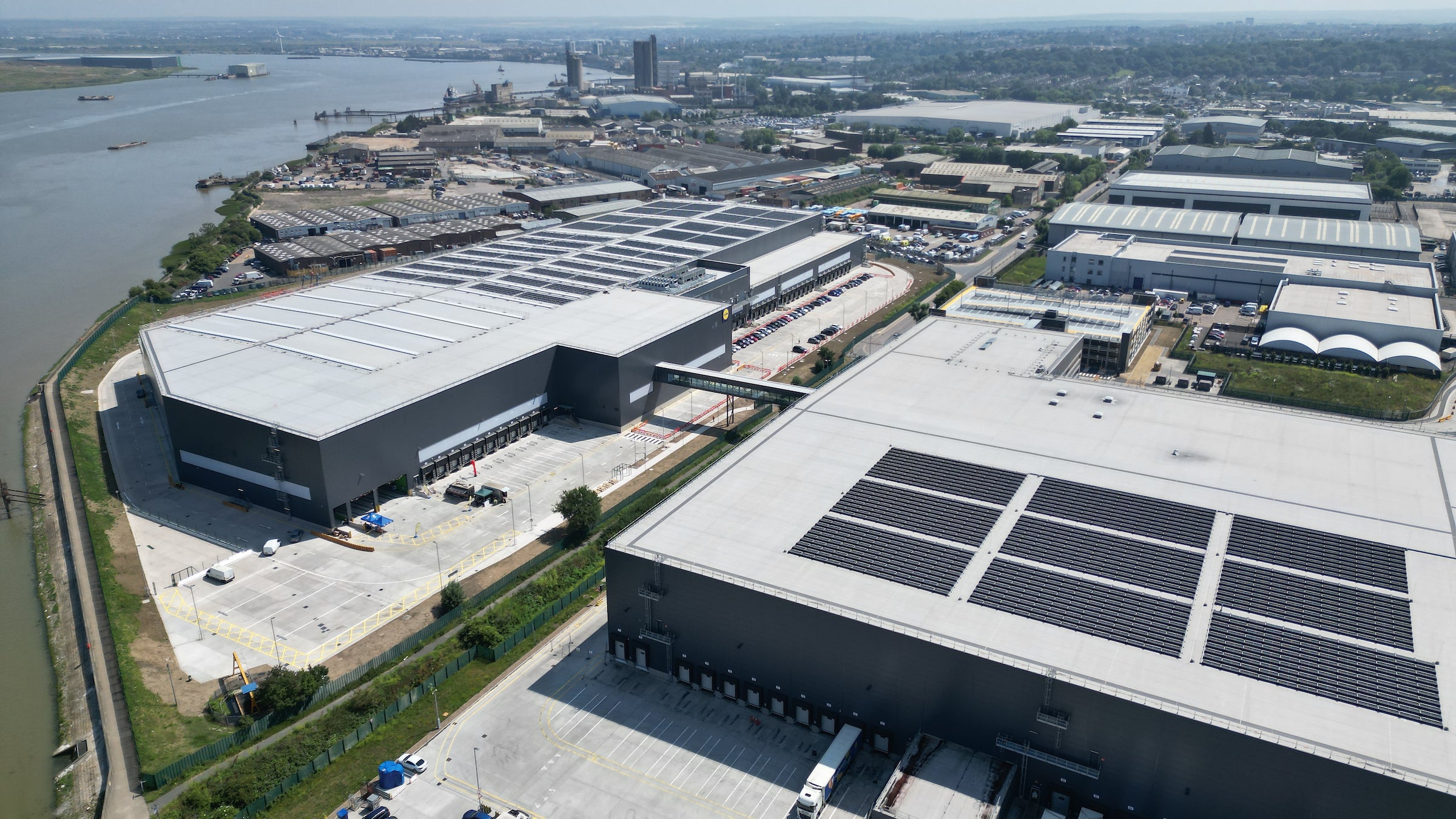Lidl is poised to create more than 500 new jobs across the UK as part of a significant £435 million investment in its logistics infrastructure, which includes the completion of a major expansion at its London site and the commencement of construction on a new warehouse in Leeds.
The German-owned supermarket chain confirmed the £285 million redevelopment of its Belvedere warehouse in London, which involved the construction of a second building, effectively tripling the site’s capacity.
This expanded facility is expected to serve 120 stores once fully operational. Concurrently, Lidl has begun work on a new £150 million warehouse in Leeds.
These combined developments are projected to generate more than 500 new roles, with 120 positions in London and 400 in Leeds.
The move underscores Lidl’s continued rapid growth in the British grocery market, where it currently stands as the country’s sixth-largest chain, according to Kantar data.
It has edged closer to overtaking rival Morrisons in the rankings.

The retailer has more than 980 stores and 14 distribution centres in England, Scotland and Wales – as well as thousands in countries across Europe.
Chancellor Rachel Reeves said Lidl’s investment in the warehouses was a “vote of confidence” in the UK.
She said: “This investment is a strong vote of confidence in the UK economy, and Lidl’s commitment to new warehouse facilities in London and Leeds will unlock hundreds of new jobs, strengthen supply chains, and ensure families can access affordable, quality food.”
Richard Taylor, Lidl’s chief real estate officer for Great Britain, said the chain was “proud to play our role in driving economic growth”.
Lidl was among a host of Britain’s biggest retailers to sign a letter addressed to Ms Reeves warning that raising taxes in the autumn budget could contradict her plans to improve UK living standards.
The letter, sent by trade body British Retail Consortium, said it was becoming “more and more challenging for us to absorb the cost pressures we face”.
The Treasury responded by saying it was a “pro-business Government”.
